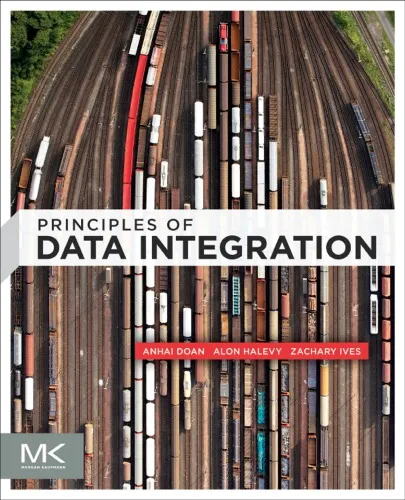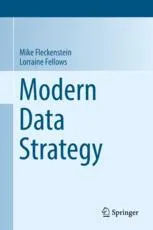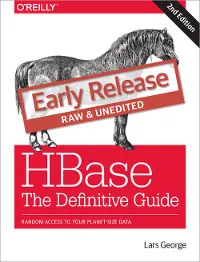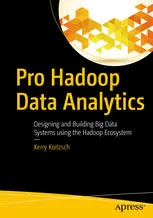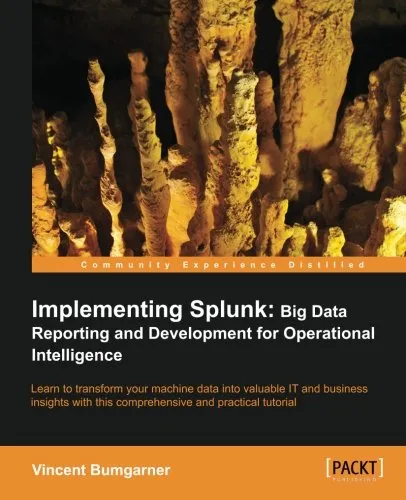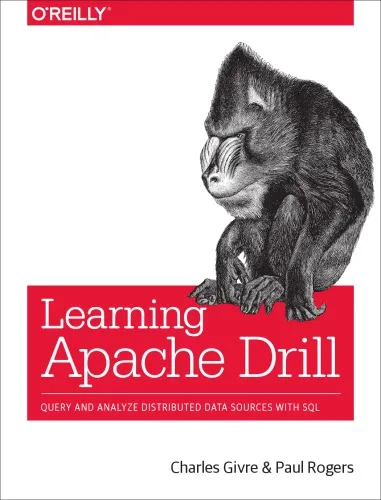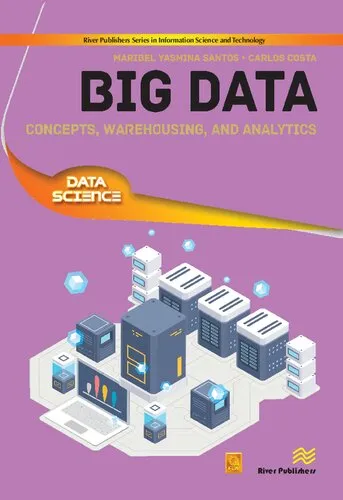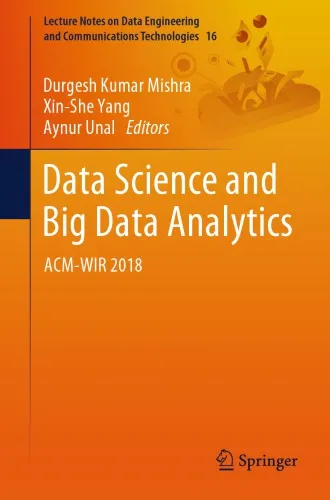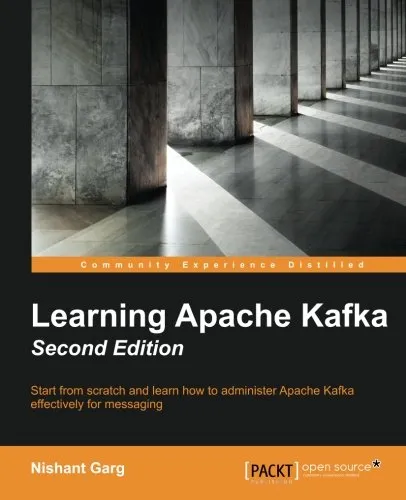Principles of data integration
4.5
Reviews from our users

You Can Ask your questions from this book's AI after Login
Each download or ask from book AI costs 2 points. To earn more free points, please visit the Points Guide Page and complete some valuable actions.Related Refrences:
Introduction to "Principles of Data Integration"
In the age of information, data integration is a crucial component that empowers organizations to harness the full potential of their data resources. "Principles of Data Integration," authored by Doan A., Halevy A., and Ives Z., is a cornerstone text that provides an exhaustive exploration into the theories, methodologies, and practical applications of data integration. This book serves as an essential guide for data scientists, IT professionals, and business leaders who are keen on understanding and implementing efficient data integration strategies within their organizations.
Detailed Summary of the Book
"Principles of Data Integration" delves deeply into both the foundational theories and the practical aspects of data integration. It begins by establishing a comprehensive understanding of what data integration is and why it is indispensable in today’s data-driven world. The authors meticulously explore the various challenges faced in data integration, such as the heterogeneity of data sources, data inconsistency, and the complexity of data schemas.
The book is divided into several sections, each meticulously crafted to enhance the reader’s understanding and application of data integration principles. Initially, it tackles the fundamental concepts and motivations behind data integration, followed by a discussion of the architectural framework. The authors then provide insight into advanced topics such as data mediation, schema mapping, and data quality. Real-world examples and case studies are presented to illustrate the application of these concepts in actual business scenarios.
Key Takeaways
One of the major takeaways from this text is the emphasis on the architectural design of data integration systems, which lays the groundwork for successful implementation. The book highlights the importance of understanding the intricacies of data heterogeneity and schema mapping, both of which play an essential role in seamless data integration.
Readers will also gain invaluable insights into the use of algorithms and techniques for efficient data querying and cleansing, which are critical for maintaining data integrity and quality. Furthermore, the book stresses the need for a systematic approach to managing data conflict resolution, emphasizing strategies for ensuring consistent and accurate data aggregation.
Another significant takeaway is the foresight into future trends and technological advancements that data integration must adapt to remain relevant in an ever-evolving landscape. This forward-thinking perspective equips practitioners with the knowledge to proactively accommodate future developments in their data integration strategies.
Famous Quotes from the Book
"Data integration is not just a technical challenge; it is the very foundation on which modern data analytics rests."
"The value of data lies not in its quantity but in its accessibility and usability. Data integration transforms raw data into actionable insights."
Why This Book Matters
"Principles of Data Integration" is more than just an academic text; it is a strategic manual that equips individuals and organizations with the capability to leverage their data assets effectively. As enterprises generate exponentially increasing amounts of data, the ability to integrate this data in a meaningful and efficient manner becomes a competitive necessity. This book is singular in its comprehensive approach, combining theoretical depth with practical guidance tailored for immediate application.
Additionally, this book addresses one of the most pressing challenges in the realm of big data: transforming disparate data sources into a coherent and accessible format. Through its detailed examination of systems, methodologies, and best practices, the book delivers both the context and depth needed to tackle modern data integration challenges.
Ultimately, this book matters because it empowers decision-makers and technical insiders with the knowledge to create systems that are not only efficient but also resilient and adaptable. It bridges the gap between complex technical theory and clear, actionable strategy, making it an indispensable resource in an increasingly data-dependent world.
Free Direct Download
You Can Download this book after Login
Accessing books through legal platforms and public libraries not only supports the rights of authors and publishers but also contributes to the sustainability of reading culture. Before downloading, please take a moment to consider these options.
Find this book on other platforms:
WorldCat helps you find books in libraries worldwide.
See ratings, reviews, and discussions on Goodreads.
Find and buy rare or used books on AbeBooks.
